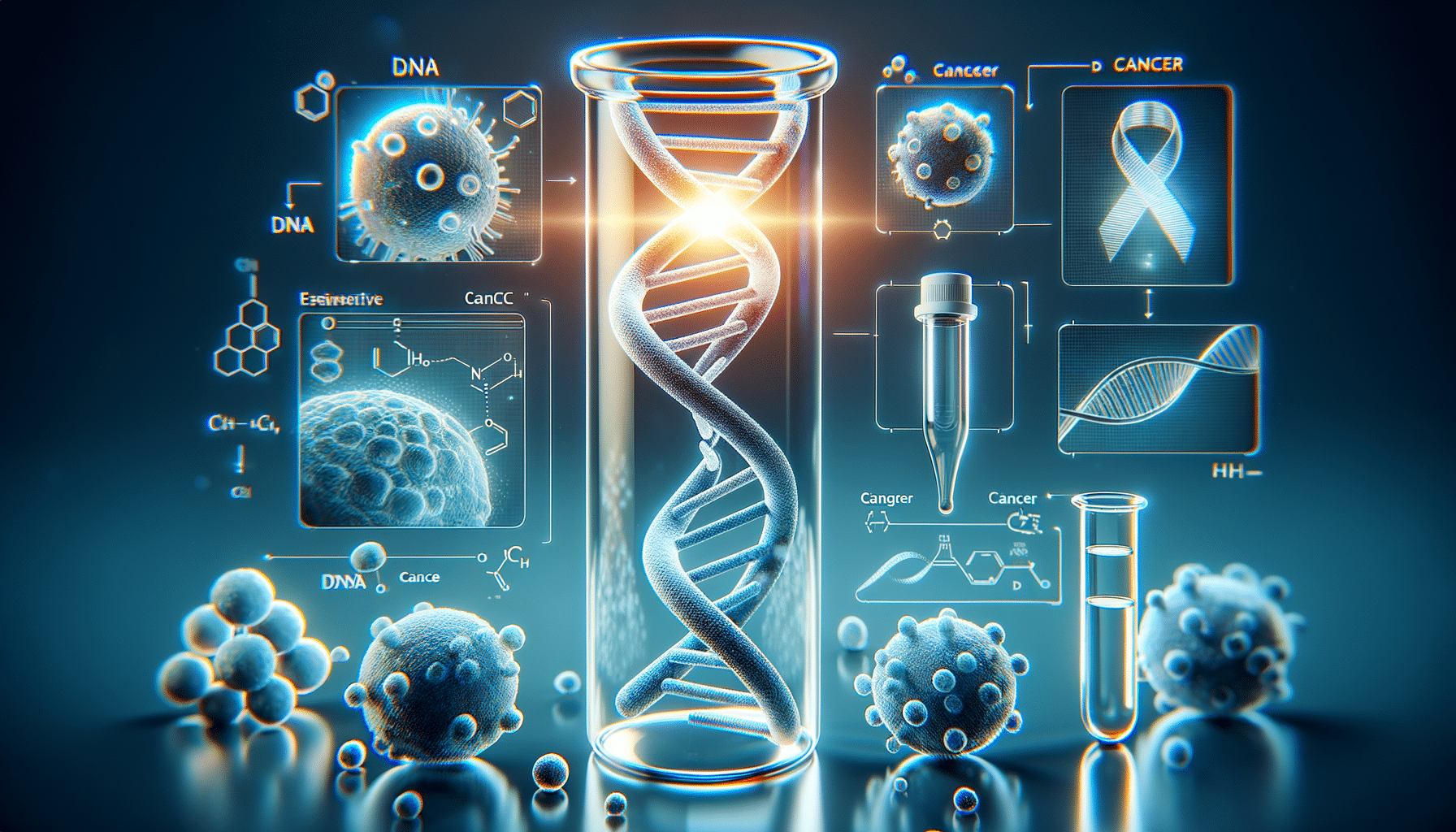Can DNA Tests Predict Your Cancer Risk? What Science Says
DNA testing has become a pivotal tool in understanding our genetic makeup and its implications on health, ancestry, and personal traits.

Understanding DNA Testing: A Brief Overview
DNA testing has revolutionized the way we understand our genetic makeup. At its core, DNA testing involves analyzing a sample of DNA to identify changes or mutations in genes, chromosomes, or proteins. These tests can provide valuable information about a person’s ancestry, health risks, and even personality traits. The science behind DNA testing is rooted in the discovery of the DNA double helix by James Watson and Francis Crick in 1953, which paved the way for modern genetic research.
Today, there are several types of DNA tests available:
- Ancestry DNA Tests: These tests analyze genetic markers to provide insights into a person’s ethnic background and ancestral origins.
- Health DNA Tests: These tests identify genetic predispositions to certain health conditions, allowing individuals to take proactive measures.
- Trait DNA Tests: These tests explore genetic factors that may influence personal traits such as eye color, hair type, and even taste preferences.
As our understanding of genetics continues to grow, DNA testing remains a powerful tool for unlocking the mysteries of our genetic code and its impact on our lives.
The Science Behind DNA Testing and Its Applications
DNA testing is grounded in the principles of genetics, where DNA, or deoxyribonucleic acid, is the hereditary material in humans and almost all other organisms. Every cell in a person’s body has the same DNA, which is composed of two strands that coil around each other to form a double helix. The sequence of these nucleotides encodes the genetic instructions used in the development and functioning of living organisms.
Modern DNA testing techniques include:
- Polymerase Chain Reaction (PCR): A method used to amplify small segments of DNA, making it easier to study in detail.
- Whole Genome Sequencing: A comprehensive method that determines the complete DNA sequence of an organism’s genome.
- Genotyping: The process of determining differences in the genetic make-up (genotype) by examining the individual’s DNA sequence.
These techniques have a wide range of applications, from forensic science to personalized medicine, and have significantly influenced fields such as anthropology, biology, and medicine.
DNA Testing for Health and Disease Prediction
One of the most significant applications of DNA testing is in the field of health and disease prediction. Genetic tests can reveal whether an individual is at risk for certain hereditary conditions, such as breast cancer, cystic fibrosis, or Huntington’s disease. This information can be crucial for early intervention and management of potential health issues.
For example, women with mutations in the BRCA1 or BRCA2 genes have a higher risk of developing breast and ovarian cancer. By identifying these mutations early, individuals can opt for regular screenings, lifestyle changes, or even preventive surgeries to reduce their risk.
However, it’s important to note that while DNA tests can indicate a predisposition to certain conditions, they do not guarantee that an individual will develop the disease. Environmental factors, lifestyle, and other genetic components also play a significant role in disease manifestation.
Ethical Considerations in DNA Testing
As DNA testing becomes more accessible, ethical considerations have come to the forefront. Concerns about privacy, data security, and potential discrimination based on genetic information are prevalent. It’s crucial for individuals to understand how their genetic data will be used and who will have access to it before undergoing testing.
Many companies now offer direct-to-consumer DNA testing, raising questions about the accuracy of results and the interpretation of genetic data without professional guidance. It’s essential for consumers to choose reputable companies that adhere to strict privacy standards and provide clear, understandable results.
Moreover, the potential for genetic discrimination in areas such as employment and insurance has led to the implementation of laws like the Genetic Information Nondiscrimination Act (GINA) in the United States, which aims to protect individuals from unfair treatment based on their genetic information.
The Future of DNA Testing
The future of DNA testing holds exciting possibilities. Advances in technology are making tests faster, more affordable, and more comprehensive. Researchers are exploring the potential of using DNA testing for personalized medicine, where treatments and medications are tailored to an individual’s genetic makeup.
Additionally, the integration of artificial intelligence with genetic data promises to enhance our understanding of complex genetic interactions and their implications on health and disease. This could lead to more accurate predictions and personalized healthcare strategies.
As we move forward, ongoing research and ethical considerations will play a critical role in shaping the future of DNA testing. By balancing innovation with responsibility, we can unlock the full potential of our genetic code to improve health outcomes and deepen our understanding of human biology.